Yes, 72mg per teaspoon of matcha.
One ingredient. Better energy.
Caffeine content in matcha
Drink Type
Caffeine content
Matcha Tea
Espresso Shot
Brewed Coffee
Red Bull
5 Hour Energy
HOW MUCH CAFFEINE IS IN MATCHA?
HOW MUCH CAFFEINE IS IN MATCHA?
An 8 oz glass of Matcha green tea will provide you with about 72 mg. Tenzo determined this using a 2 gram serving of Matcha green tea powder (1 teaspoon). If you are looking for a big boost, start with a bigger scoop of organic matcha powder.
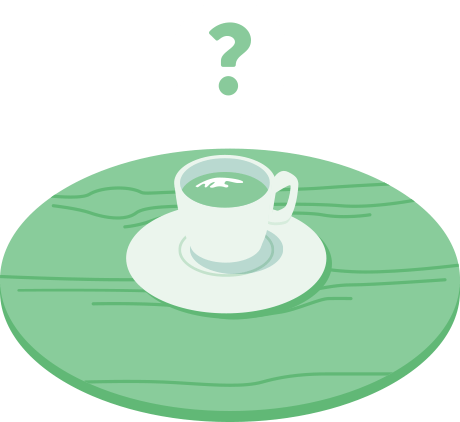
CAFFEINE AND L-THEANINE

FOCUS WITHOUT ENERGY SPIKES
Matcha green tea is perfect if you are looking for a clean, calm and focused energy boost. There are no spikes, jitters or sudden crashes like you might have previously experienced with coffee and energy drinks. The caffeine will gently pick you up, provide you with an extended energy boost and then will let you softly back down to earth. The effect is extremely pleasant for most people because you don’t experience any of the jitteriness or headaches associated with the caffeine from coffee.
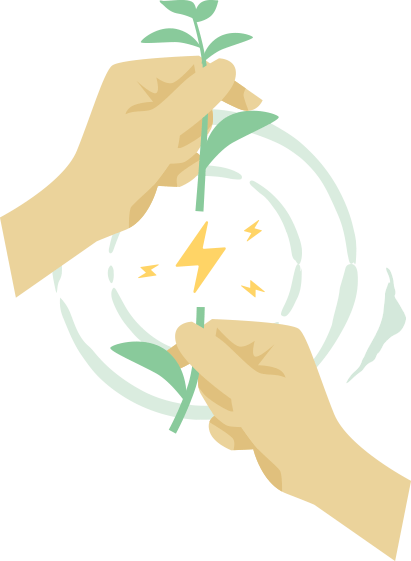
MATCHA GREEN TEA HELPS IMPROVE CONCENTRATION
Caffeine can be great for improving concentration, attention and focus but too much of it can lead to an increased heart rate, blood pressure and creating an anxious/jittery feeling. That’s where matcha green tea stands apart from the rest of it’s caffeinated competitors. There’s a special “feel good” amino acid in green tea called l-theanine that works with caffeine to reduce stress and anxiety while promoting a relaxed state that doesn’t make you feel tired. L-theanine takes the edge off of stimulants and provides an extended (4-6 hour) energy boost with improved cognition and attention. L-theanine is a large part of the reason why people feel so good after drinking Matcha green tea!
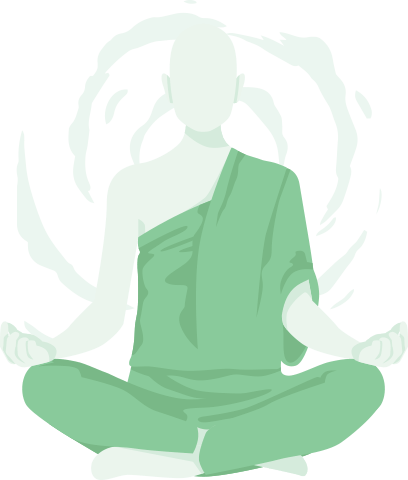
ZEN MODE
For the last 1000 years, Matcha green tea has been prepared in Japan and China as part of a mindful and spiritual practice. Zen Buddhist monks drank Matcha green tea to remain calm and alert during long hours of meditation, and during the 13th century, the monks introduced Matcha green tea to samurai warriors as a pre-battle drink for increased energy and endurance for long battles.
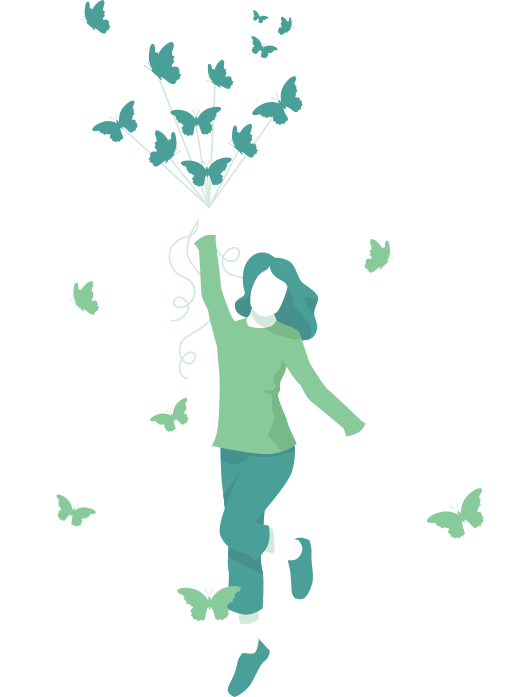
THE CAFFEINE EXPERIENCE
We get it - we might be biased, but we’re not making this up. So how does matcha really make you feel?
“The caffeine hit of an espresso can be a bit like having an express train screaming through the middle of your body: a deep, powerful, jittery roar. I find the effects of matcha to be just as stimulating but in a more delicate, refined way, as if a thousand butterflies have descended on my body, beating their wings until I’m lifted, gently but resolutely, a few inches off the ground.” - Dana Velden, thekitchn.com

MATCHA VS COFFEE
They say you are what you eat. If that’s true,
then how healthy is your morning drink?
There is more caffeine in a regular cup of coffee than there is in matcha green tea.
MATCHA (8 oz)
72 mg
MATCHA CAFFEINE
The combination of l-theanine and caffeine in matcha green tea promotes an extended 4-6 hour focused energy boost without the jitters, anxiety or sudden mood plummets that you get with coffee.
COFFEE (8 oz)
95 mg
COFFEE CAFFEINE
The caffeine from coffee starts with a blast and ends with a crash. It causes a spike in adrenaline, glucose and insulin levels, which in turn create jitteriness, nervousness and, for some people, lightheadedness and crazy hunger pangs.
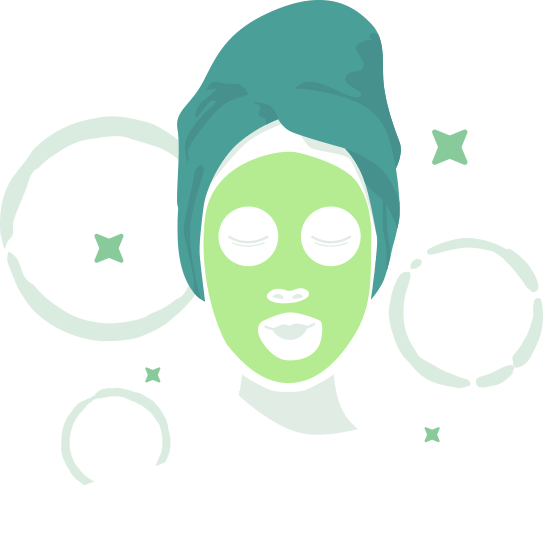
MATCHA FOR BETTER SKIN
The natural antioxidants in Matcha green tea prevent many signs of aging by trapping and inactivating free radicals in the skin*. Green Tea is also an amazing anti-inflammatory agent and has been found to effectively treat acne and rosacea*. The best way to experience results with better skin is to apply matcha green tea powder directly with an easy to make Tenzo face mask.
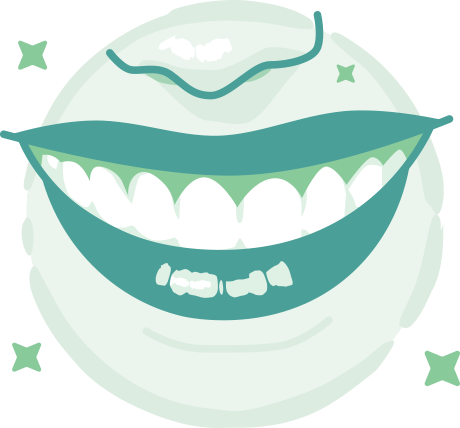
MATCHA FOR BETTER BREATH AND BETTER TEETH
Matcha green tea dominates coffee in the oral hygiene category. Green tea polyphenols have shown to reduce the production of all compounds that cause bad breath*. Coffee, on the other hand, is highly acidic, which allows bacteria to reproduce at a disturbing efficiency. When you add milk, creamers and even non-dairy creamers to your coffee, the overgrowth of bacteria in your mouth continues to get worse. Studies have found that matcha green tea has antimicrobial properties, which means that it helps reduce bacteria that cause cavities, tooth decay, plaque and bad breath.
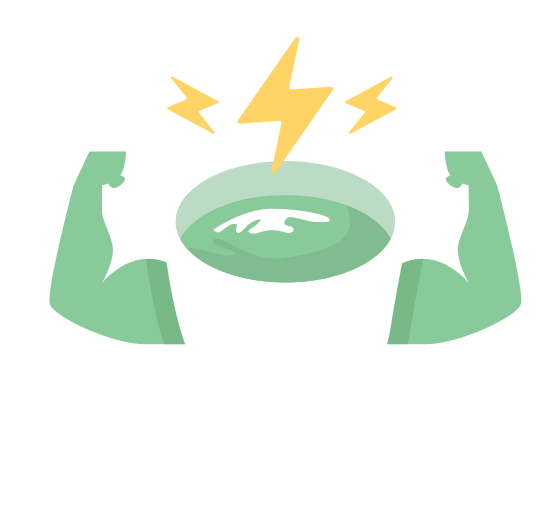
ANTIOXIDANTS
Matcha has the highest antioxidant rating of all major superfoods*. There’s an antioxidant supermolecule in the Catechin family called EGCG that is found almost exclusively in green tea that has been found to prevent the risk of cardiovascular disease and neurodegenerative diseases, strengthen the immune system, and boost metabolism*.
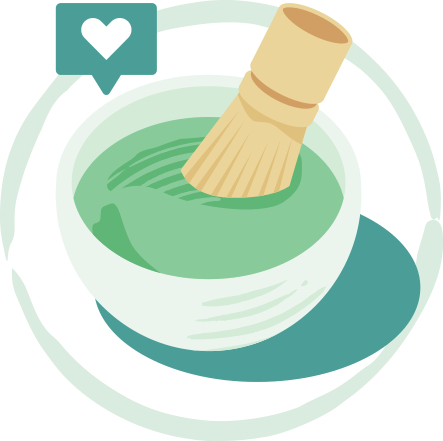
MATCHA IS EASY TO MAKE
Did you know it takes about 30 seconds to make a great cup of matcha? Combine green tea powder with hot water by whisking or shaking to make matcha green tea. Matcha can be made without complicated, expensive machines, complex drip processes - - and it’s better for our environment! Our morning drinks contribute significantly to how polluted our planet is. Creating the perfect rich cup of matcha green tea is as easy as finding the perfect scoop to water ratio. It’s impossible to mess up!
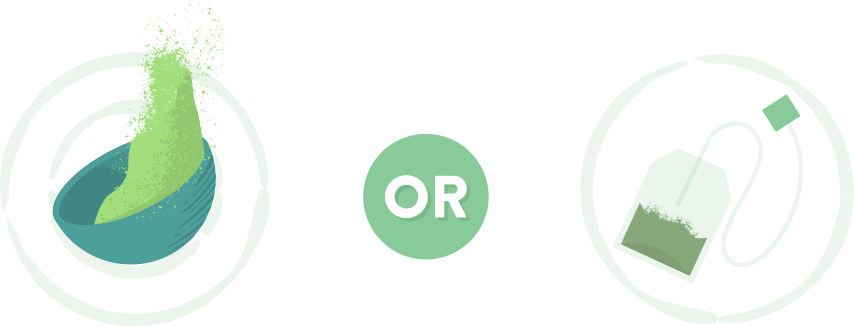
MATCHA VS GREEN TEA
Not all tea is created equal.
The dose of caffeine in regular steeped green tea is significantly lower than what is found in a glass of matcha green tea.
MATCHA (8 oz)
72 mg
GREEN TEA (8 oz)
25 mg
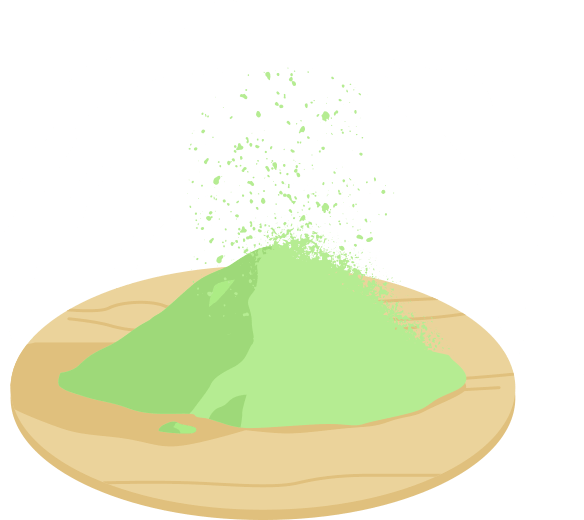
THE COLOR OF MATCHA
When drinking a glass of matcha green tea, you will notice a vibrant green color along with a rich consistency that creates an opaque quality in a clear glass. This comes as a major surprise to regular (steeped) green tea drinkers that are familiar with a murky transparent greenish-brown liquid. The vibrant and rich color in matcha green tea comes from the extremely high levels of chlorophyll that are produced in the unique shade growing process.
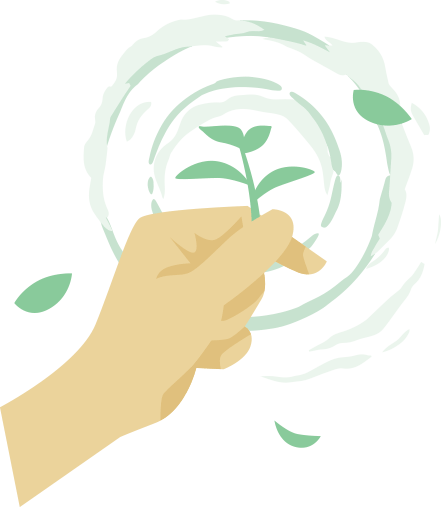
THE MAKING OF MATCHA
Matcha green tea is prepared by directly combining the finest, hand-picked, baby green tea leaves with water. The stems and veins are removed before stone grinding Matcha green tea powder. This allows you to fully ingest the most nutritious part of the plant. Standard green tea is made by steeping a tea bag filled with a bunch of random green tea parts resulting in greenish-brown tea water. Don’t believe us? Try ripping open a bag of Lipton matcha green tea and comparing it side by side with matcha green tea. The piles in front of you will speak for themselves.
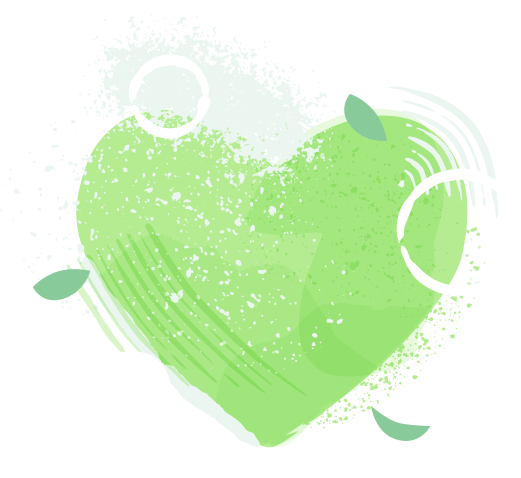
HEALTH BENEFITS OF MATCHA
Matcha green tea really stands apart from steeped green tea when comparing the nutritional value. It’s estimated that you need to drink 10-15 cups of green tea to equal the number of nutrients in one cup of matcha green tea. Nothing can compare to isolating and fully ingesting the most nutritious leaf matter of the green tea plant.
HOW MUCH CAFFEINE IS TOO MUCH?
Is there such a thing?
Up to 400 mg per day appears to be a safe amount of caffeine for most healthy adults*. That’s roughly the amount of caffeine in 8 medium strength Tenzo matchas, four cups of brewed coffee, 10 cans of coca-cola or two “energy shot” drinks. Some people are more sensitive to caffeine than others and may experience unwanted side effects from just one cup of coffee or tea. How your body reacts to caffeine may be affected by how much caffeine you drink on a regular basis. The human body will develop a tolerance to caffeine after consistent exposure. People who don’t drink caffeine regularly may be more sensitive to its negative side effects.
You can use the Caffeine Safe Dose Calculator to find a dose that’s safe for you!



